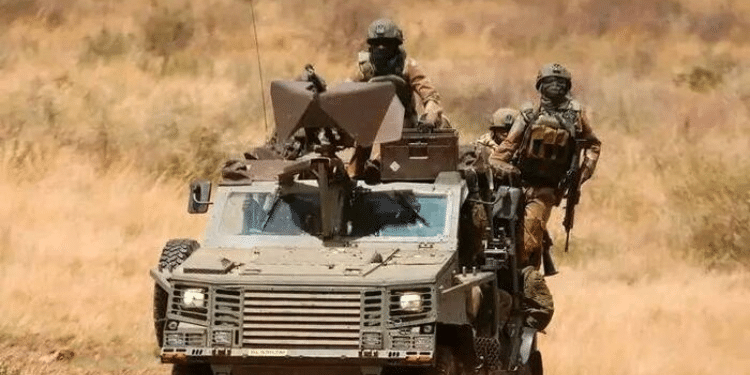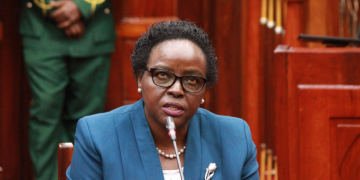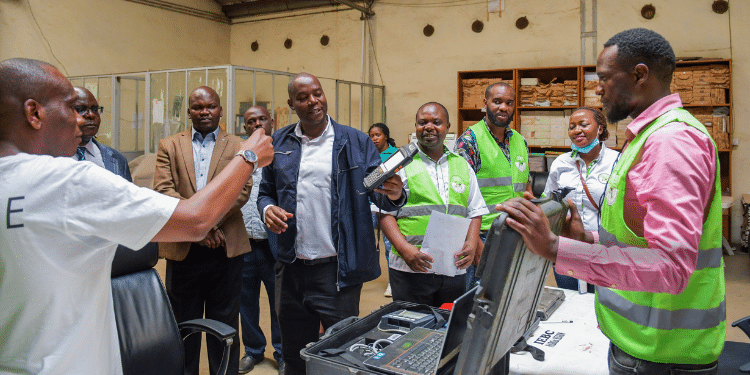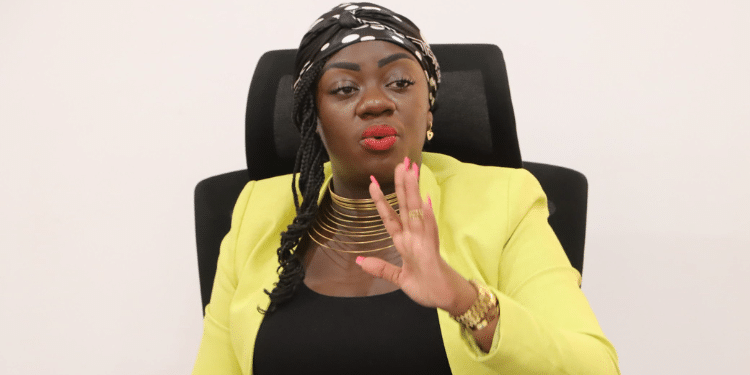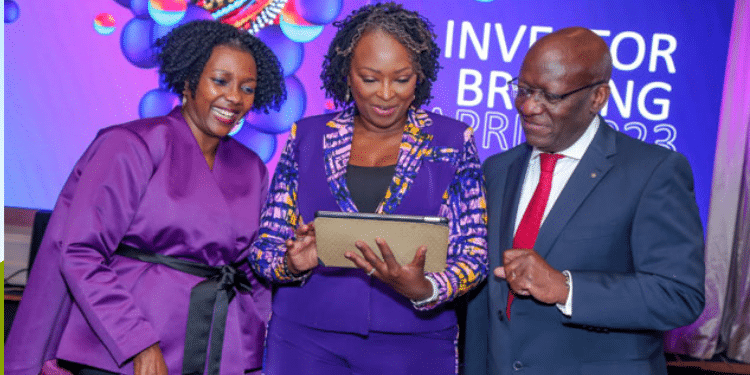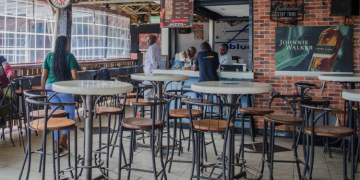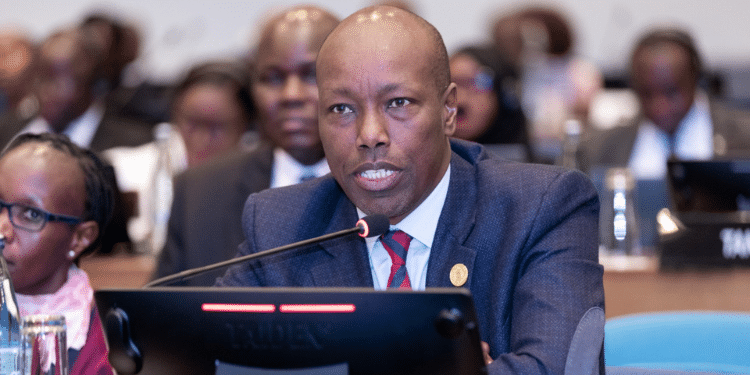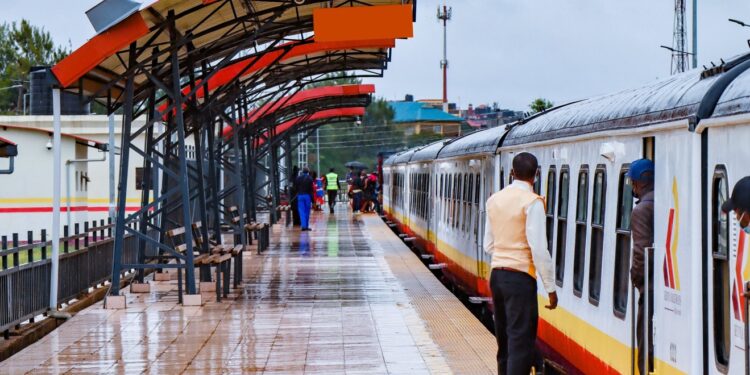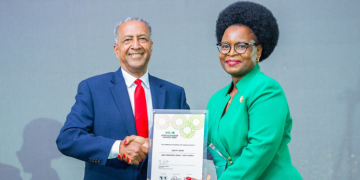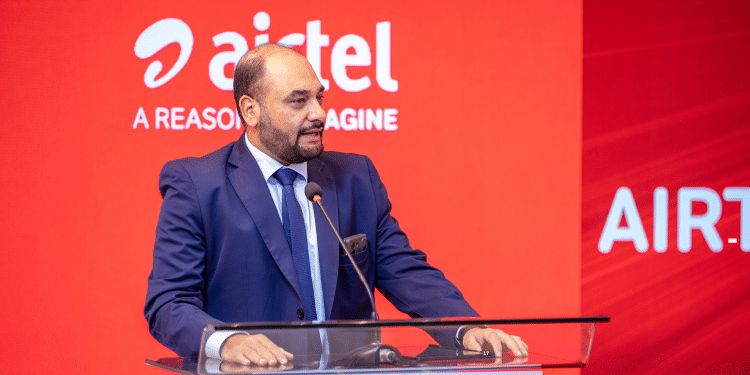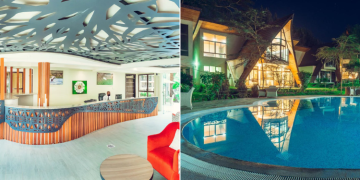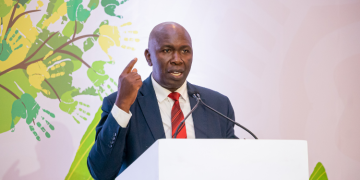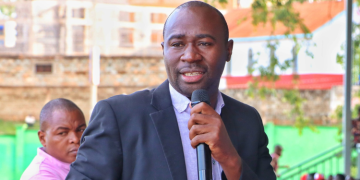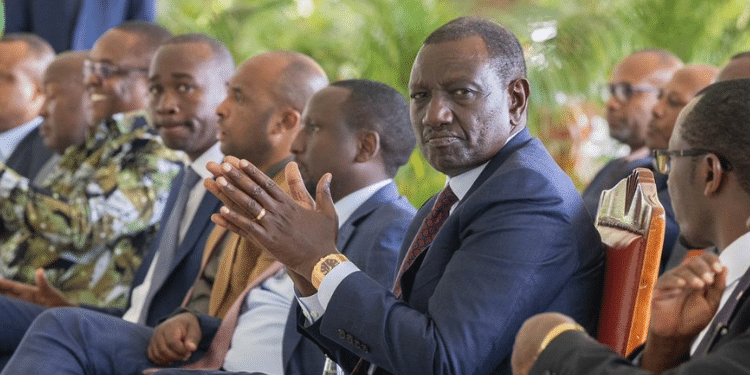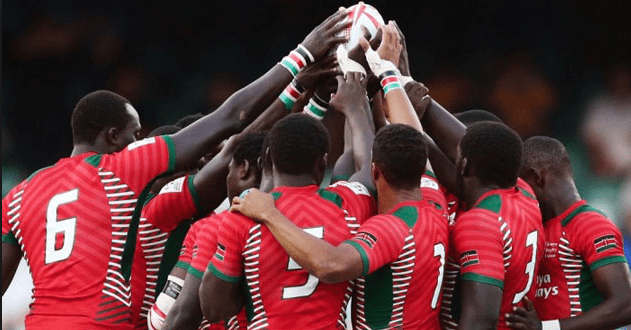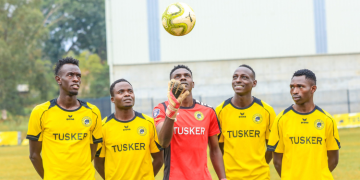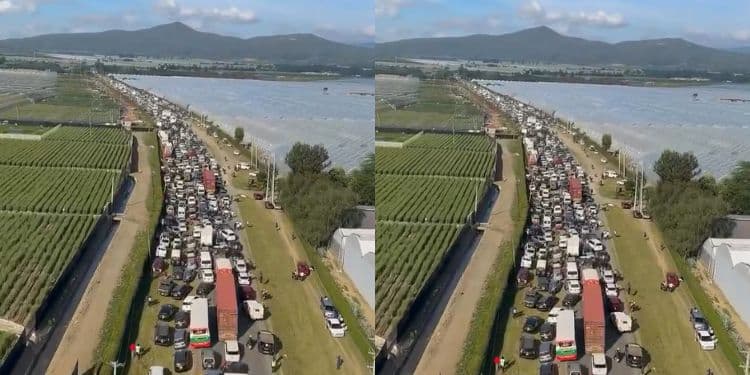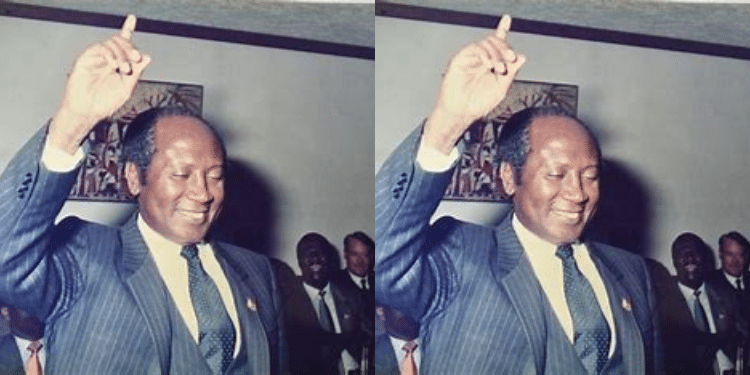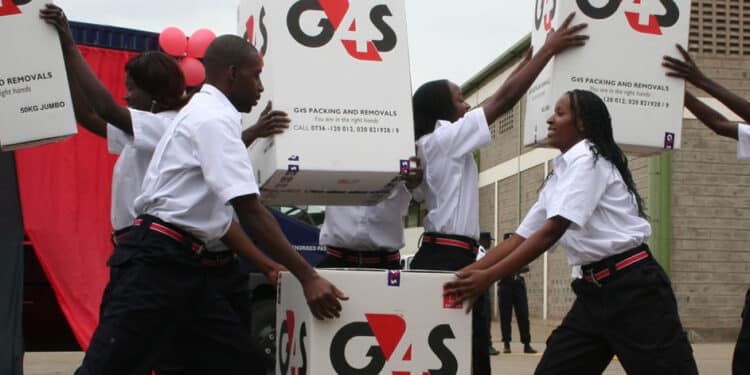On February 13, 1990, at around 2:00 p.m., George Okoth Ondu, a bodyguard assigned to then Foreign Affairs Minister Robert Ouko, reported to the District Commissioner (DC) of Kisumu and the District Special Branch Officer that he had been expecting Dr. Ouko, but the minister did not show up.
On February 14, 1990, the government issued a public announcement through a press release, urging Dr. Ouko to report to the nearest police station or contact his family.
But there was no lead on the whereabouts of the Foreign Affairs Minister hours after the announcement. This then set in motion investigations into his disappearance on February 15, 1990.
The disappearance of Robert Ouko came days after he had accompanied President Daniel Moi in a trip to Washington DC, USA.
The investigations were spearheaded by the then Commissioner of Police, the late Mr. Philip Kilonzo and the then Deputy Director of the Criminal Investigations Department (CID).
At the same time, Kisumu District and Nyanza Provincial Security Committees appointed a search team headed by the then Officer Commanding Police Division (OCPD), Kisumu, Emmanuel Mwachiti Chiti, to start a search from the Koru home on the same day.
In a turn of events, his charred remains were discovered the next day on February 16, 1990, at Got Alila Hills in Kisumu District.
Robert Ouko Found Dead
On the same date President Daniel Arap Moi announced the death of Dr. Robert Ouko.
In his statement, President Moi expressed profound sorrow and confirmed that Dr. Ouko’s partly burnt body had been discovered six kilometers from his home in Koru. He assured the public that the government would conduct thorough investigations and bring those responsible to justice.
Following the death of Dr. Robert Ouko, the Kenyan government sought investigative support from the British government. In response, New Scotland Yard dispatched a team led by Detective Superintendent John Troon, who took over the case from the Kenyan authorities.
Also Read: Today in History: Maina wa Kinyatti Arrested, Jailed for Six Years, and Tortured
Troon visited Dr. Ouko’s home in Koru and the site where his body was found at Got Alila. He began interviewing witnesses and collected forensic samples, some of which were sent to London for analysis.
Although Troon’s report was incomplete, he recommended a full and impartial investigation into several critical areas, including:
- Allegations made by the BAK Group against senior Cabinet Ministers.
- Events during the former President’s unofficial trip to Washington, D.C.
- Claims that documents were removed from Ouko’s Koru residence.
- Parallel investigations conducted by the former Special Branch (now NIS).
- Alibis of Hezekiah Oyugi (Permanent Secretary in the Office of the President in charge of Provincial Administration and Internal Security) and his movements around the time of Ouko’s disappearance.
- Potential links between Joab Omino, Hon. Biwott (Minister of Energy), and the Muhoroni Sugar Complex.
The Kenyan Government would then form a Judicial Commission of Inquiry on October 2, 1990, chaired by Justice Evans Gicheru, with Justices Akilano Akiwumi and Richard Otieno Kwach and Bernard Chunga who was the Lead counsel.
Nicholas Biwott Linked to Ouko’s Murder
Troon presented his report to the Commission, identifying Hon. Nicholas Biwott and Mr. Hezekiah Oyugi as prime suspects and refuting the theory that Dr. Ouko’s death was a suicide.
However, before the Commission could conclude its work, it was disbanded by President Moi. Soon after, Biwott, Oyugi, and others were arrested, but Biwott was released without charges, and Oyugi got sick while in prison and later died while receiving treatment in London.
In line with Troon’s recommendations, the then Attorney General Justice Mathew Guy Muli ordered further investigations, led by Deputy Commissioner of Police Crispo Willis Ongoro. This led to the prosecution of Jonah Anguka, a District Commissioner, who was initially found to have a case to answer. However, the judge handling the case, Justice Fidahussen Abdallah, died mysteriously, causing the first trial to collapse. A second trial ended in Anguka’s acquittal, after which he fled into exile.
No further action was taken until March 26, 2003, when Parliament established a 15-member Ad Hoc Select Committee to investigate the circumstances surrounding Dr. Ouko’s disappearance and murder.
The committee was chaired by Gor Sungu, Kisumu Town East MP and included notable members like Oburu Oginga, Raphael Wanjala, Kiema Kilonzo and Peter Munya. The committee concluded its findings in March 2005.
Also Read: Today in History: Kibaki’s Govt Kills Rebel Leader Wycliffe Matakwei After 3-Year Reign of Terror
According to the committee, several motives might have led to Ouko’s death including Dr. Robert Ouko’s death was likely the result of escalating political tensions and his anti-corruption efforts.
His growing popularity after the 1988 elections and reformist stance made him a threat to powerful figures. His push to revive the Kisumu Molasses Plant without engaging in corrupt dealings also put him at odds with top officials who allegedly sought kickbacks. Ouko was also investigating corruption in Kisumu’s municipal land allocations and was preparing reports on both matters.
Further tensions arose during a 1990 U.S. trip, where Ouko’s success in arranging a meeting between Presidents Moi and Bush sparked conflict. Additionally, his close ties with Western leaders, including British PM Margaret Thatcher, fueled fears within the regime that he was being positioned as Moi’s successor.
In the report, the committee also established that Robert Ouko was killed at State House, Nakuru in the presence of President Moi and Biwott and later his body dumped at Got Alila.
Follow our WhatsApp Channel and X Account for real-time news updates




